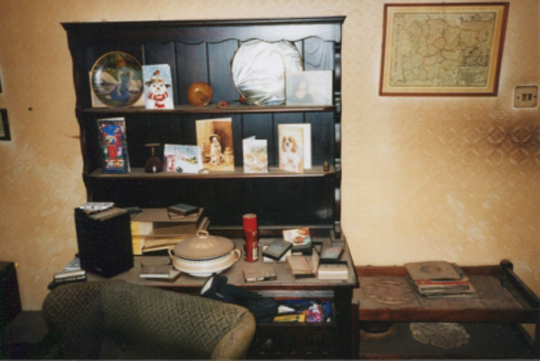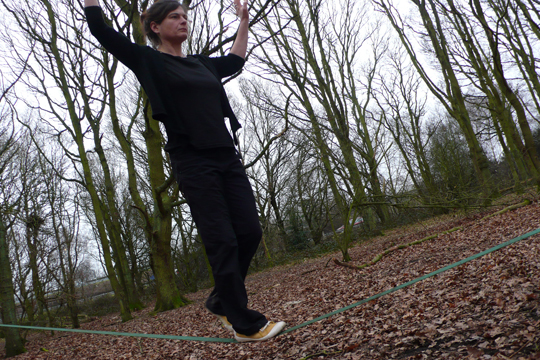'Snap snap. Have you seen the latest emailed missive from our marketing department? Tell me, is it inspired; does it deserve a clap? Or, forgive me my cynicism, but is it rather crap?'
'Remind me what you're on about. My ankles are killing me. They're terribly swollen. I think it may be gout.'
'Gout. Poor you. What to do? Now, let me think. . . I'm sure you've told me a hundred times that you no longer drink. But, hey, never fear. I have just the book you need: Roy Porter's Gout: A Patrician Malady. It's a jolly good read. That said, to be honest, I read it a long time ago; I forget what other foodstuffs Porter said you should forego.'
'Just tell me what the email said.'
''Well, it goes something like this: "Do you have a child applying for university this year? If so, we would like to ask for your help; we would really like to hear. Hear how other universities carry out the process of interview. What questions do they ask? What procedures do they do?" Are they implying that when it comes to attracting students we haven't got a clue?'
'It must be to do with our conversion rate. Have you seen the application statistics? They're in a terrible state. We offer all these places, but the students go elsewhere. No students, no course, it's really not fair. No course, no job and we'll all be redundant. It seems such a travesty given children are so abundant.'
'We'll, I'm feeling sick because I can't take part. I don't have a child, let alone one about to study art. They're promising vouchers to those that they talk to. I wonder, could you lend me your sprog for Marketing to interview? I could do with a little bit of retail therapy. Nothing better than spending the weekend on a shopping spree. I could do with some new shoes and . . . oh, well there's plenty more. Finally, I'm starting to see what children are for.'
'She's yours to keep if you want her that bad. But, you don't have your own. Does that make you feel sad?'
'Not at all. Indeed, I've always thought it a blessing; to get through life without all that messing. The thought of being a mother is anathema to me. To be responsible for a minor . . . No, I'd rather feel free. But the thought of those vouchers has got me in a state. If I got pregnant now, would it be too late? Would Marketing mind if they had to wait? Eighteen years from now the kid would be full-grown; old enough to go to college (and, of course, to leave home). Old enough to go to interviews and find out how it's done. Do you think by then there'll still be vouchers waiting to be won?'
(Based on an idea by someone else)








































